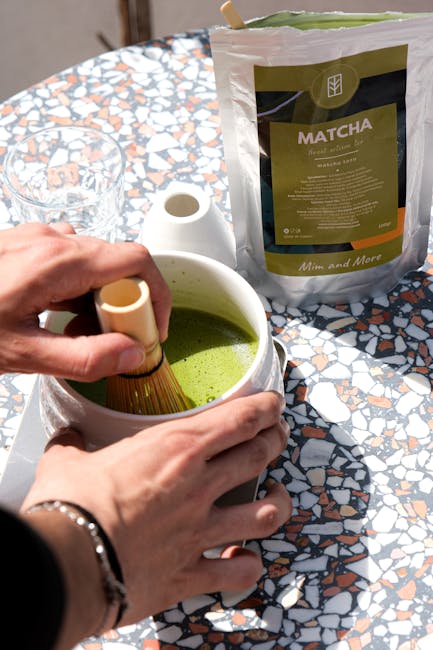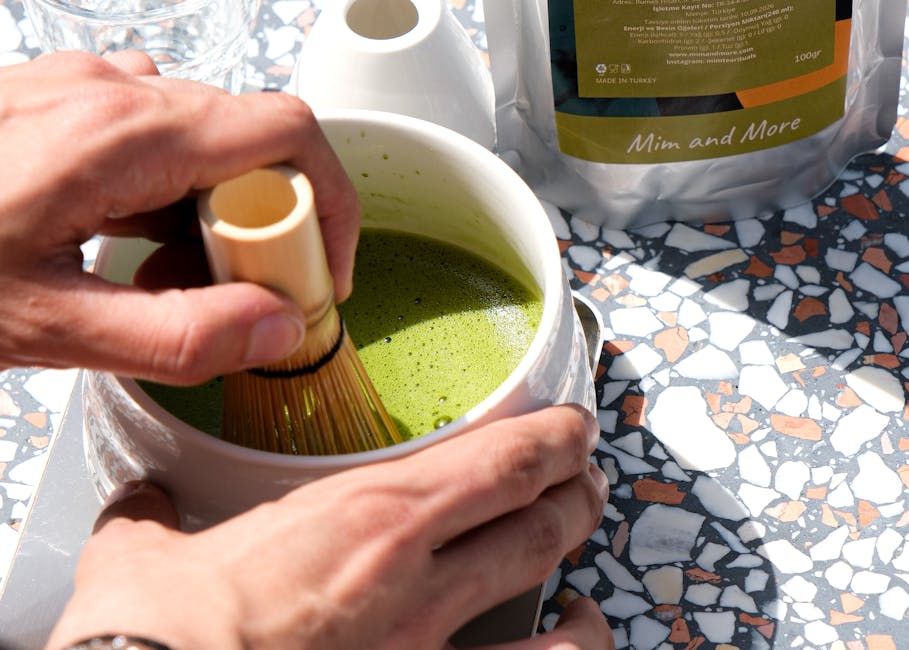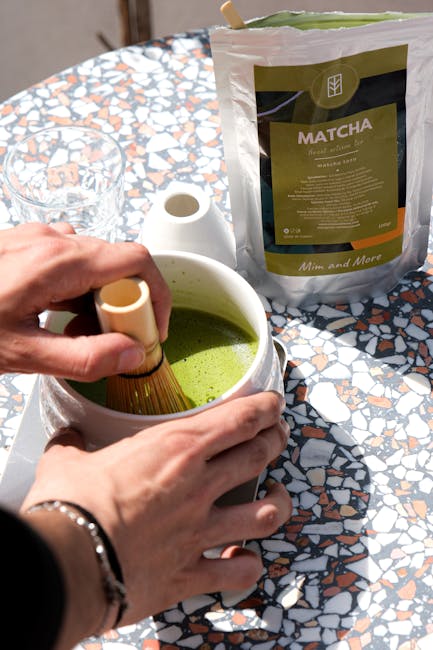Does Matcha Cause Infertility? A Comprehensive Look at the Evidence
Matcha, the finely ground powder of green tea leaves, has surged in popularity due to its purported health benefits. From boosting metabolism to enhancing focus, matcha’s reputation precedes it. However, a question that frequently arises, particularly among women trying to conceive, is: Does matcha cause infertility? This comprehensive article will delve into the scientific evidence, exploring the potential effects of matcha on fertility in both men and women, addressing common concerns, and providing a balanced perspective.

Understanding Matcha’s Composition and Potential Effects
Matcha is rich in antioxidants, particularly catechins, the most abundant of which is epigallocatechin gallate (EGCG). EGCG is linked to numerous health benefits, but its impact on fertility is a subject of ongoing research. Matcha also contains caffeine, another element that warrants consideration in its potential effects on reproductive health. It’s crucial to understand that the effects of matcha on fertility are likely influenced by several factors, including individual sensitivity, the amount consumed, and overall health status.
Matcha and Female Fertility: The Current Research
Currently, there’s no conclusive scientific evidence directly linking matcha consumption to infertility in women. While some studies have explored the effects of green tea (and its components) on reproductive function, the results have been inconsistent and often inconclusive. Many studies focus on high doses of EGCG or green tea extracts in animal models, which may not accurately reflect the effects of moderate matcha consumption in humans. It’s important to note that correlation does not equal causation. Observational studies might reveal an association between matcha consumption and certain fertility outcomes, but this doesn’t necessarily imply that matcha is the direct cause.
Caffeine’s Role in Fertility
The caffeine content in matcha is a more significant factor to consider. Excessive caffeine intake has been associated with reduced fertility in some studies. High caffeine levels can interfere with hormonal balance, potentially impacting ovulation and implantation. However, moderate caffeine consumption is generally considered safe for most women. The amount of caffeine in a single serving of matcha varies, but it’s typically less than a cup of coffee. The key takeaway here is moderation. Limiting caffeine intake to recommended levels (generally less than 200 mg per day) is crucial for optimal reproductive health.
Matcha and Male Fertility: Examining the Evidence
Similar to the research on female fertility, there’s limited direct evidence linking matcha consumption to infertility in men. However, the potential impact of caffeine and high doses of antioxidants on sperm health and production remains a topic of ongoing investigation. Some research suggests that high doses of antioxidants could potentially interfere with sperm production, though more studies are needed to confirm this. The effects of moderate matcha consumption on male fertility remain largely unclear.
Oxidative Stress and Fertility: A Complex Interaction
EGCG, the primary catechin in matcha, is a powerful antioxidant. Oxidative stress, an imbalance between free radicals and antioxidants, can negatively affect fertility in both men and women. While EGCG can combat oxidative stress, it’s important to note that extremely high concentrations might have the opposite effect. The ideal balance is crucial. Therefore, moderate consumption of matcha might provide antioxidant benefits, while excessive consumption could potentially disrupt the delicate balance.
Other Potential Factors Affecting Fertility
It’s crucial to remember that infertility is a complex issue with multiple contributing factors. Lifestyle choices, underlying medical conditions, age, and environmental factors all play significant roles. Attributing infertility solely to matcha consumption is an oversimplification. Other factors, such as stress, poor diet, lack of exercise, and pre-existing health conditions, can significantly impact fertility. Before drawing conclusions about the role of matcha, a comprehensive evaluation of all potential contributing factors is necessary.
Moderation is Key: A Balanced Approach to Matcha Consumption
The key message regarding matcha and fertility is moderation. While there’s no definitive evidence linking moderate matcha consumption to infertility, excessive intake of caffeine and potentially high doses of antioxidants could pose concerns. For women trying to conceive, it’s advisable to consult their healthcare provider about their caffeine intake and dietary choices. A balanced diet rich in nutrients, regular exercise, and stress management are far more significant factors in promoting fertility than the moderate consumption of matcha.

Seeking Professional Guidance
If you are experiencing difficulties conceiving, it’s crucial to consult with a fertility specialist or reproductive endocrinologist. They can conduct thorough evaluations to identify the underlying cause of infertility, provide tailored advice, and offer appropriate treatment options. Relying on anecdotal evidence or isolated studies about matcha can be misleading and potentially delay appropriate medical care.

Further Research and Ongoing Studies
The scientific understanding of the relationship between matcha and fertility is continuously evolving. Further research is needed to fully elucidate the effects of moderate matcha consumption on reproductive health in both men and women. Researchers are increasingly focusing on the interaction between antioxidants, oxidative stress, and reproductive outcomes. Future studies may provide more definitive answers regarding matcha’s impact on fertility.
Conclusion: Navigating the Information Landscape
The question of whether matcha causes infertility remains largely unanswered by current scientific evidence. While there are theoretical concerns related to high caffeine intake and potentially high concentrations of antioxidants, moderate consumption of matcha doesn’t appear to be directly linked to infertility. However, prioritizing a healthy lifestyle, seeking professional guidance for fertility concerns, and maintaining a balanced diet are crucial steps for anyone hoping to conceive. The focus should remain on overall wellness rather than placing undue emphasis on a single food or beverage like matcha.
Disclaimer:
This article provides information for educational purposes only and does not constitute medical advice. Always consult with a qualified healthcare professional before making any decisions related to your health or fertility.

